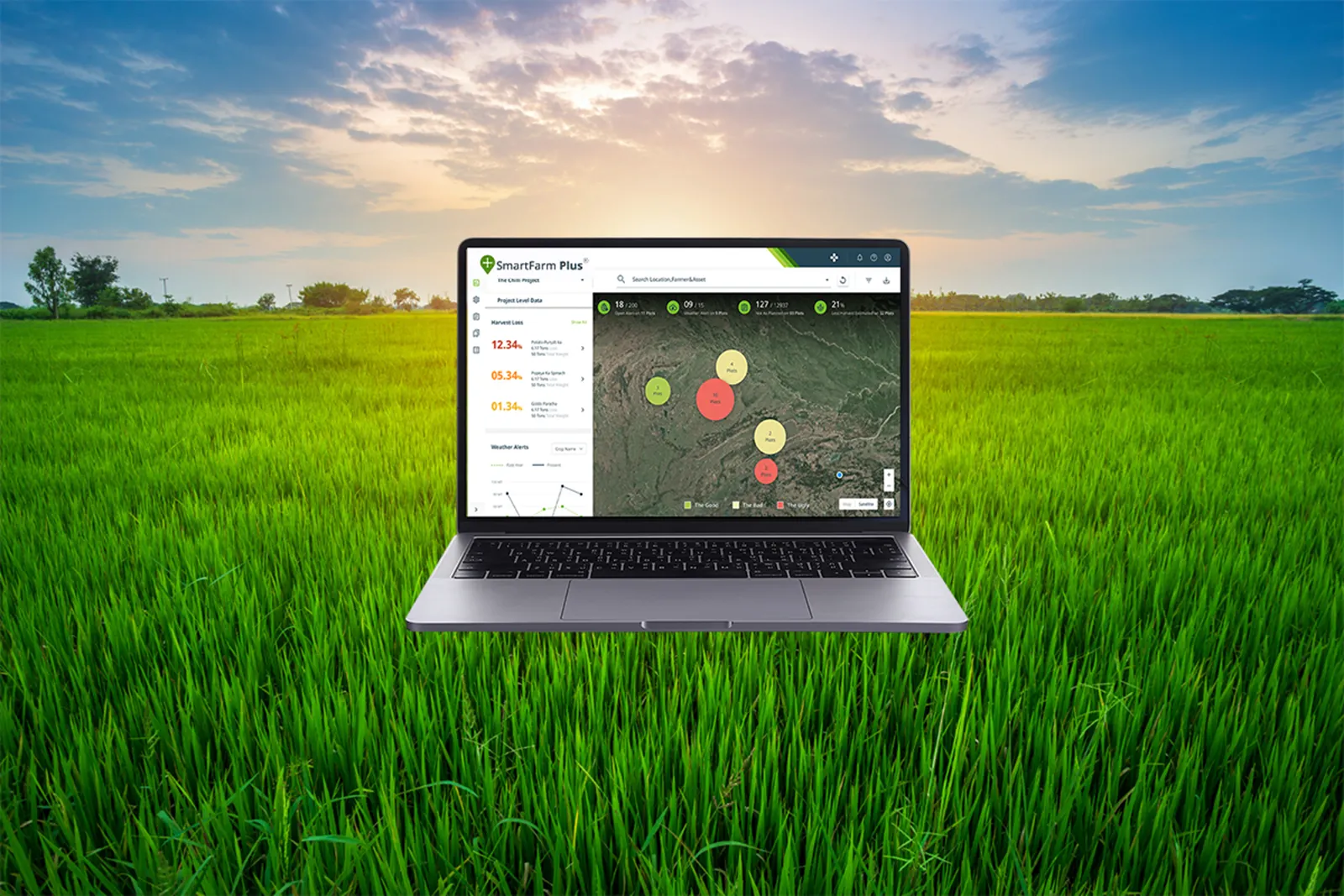Why digital farming needs to succeed: The need for farm management systems
The benefits of technology in agriculture are more than apparent. While developed countries have been early adopters, the lure of utilizing a more scientific and technologically-aware approach to food production is now seeing widespread adoption in developing countries like India and many others in Asia and Africa.
Digital Farming is a confluence of various advanced agriculture technologies such as remote sensing and earth observation, the Internet of Things, and cloud computing to make farming data-driven and increasingly productive. As one of the key components of Digital Farming, an efficient farm management system can influence the productivity and profitability of a farm or an agribusiness in all the right ways.
There are a number of factors that contribute to making a farm management solution a success story, and the biggest among them is infrastructure. The access to and availability of state-of-the-art infrastructure at different stages of the supply chain is an integral component of successful agricultural digitization.
However, beyond the availability of infrastructure, one of the eminent dilemmas that heralds this discussion of digitization is to make the buy versus build decision: is it ideal to develop the technology in-house or opt for a stable, outsourced farm management software?
1. Does the solution have the ability to innovate with the industry?
While a number of ERP systems offer solutions that cater to agriculture, their capabilities are not tailor-made for constant innovation in agriculture. A good crop management software is disruptive in every sense and focuses on building over what it already knows. It is not limited to utilizing data to make well-informed decisions in the cultivation process, it also focuses on analyzing and constantly learning from the data to build efficiencies for the future.
2. What are Its integration capabilities with other applications in the agri-ecosystem?
3. Does the farm management software allow high levels of configurability?
4 Is it designed to ensure zero data loss and 100% data security?
5. Does it offer offline functionality?
6. What are the possibilities for localization?
7. Does it make room for scalability of business operations?
Author Bio
Gautam Karajgi
Gautam Karajgi is the Head of Solutions and Customer Success at Cropin, the world’s largest deployed AI platform for food and agriculture, leveraging over two decades of rich and diverse experience. He has built significant expertise across strategy, impact investing, operations, and innovation in both corporate and development sectors, successfully leading projects globally. Gautam is passionate about the rapid digital transformation in agriculture and plays a pivotal role in helping Cropin’s customers adopt intelligent, data-driven solutions for measurable impact. Known for his consultative approach, he has previously been associated with leading organizations like McKinsey & Co, Innoterra AG, and Syngenta Foundation AG.








